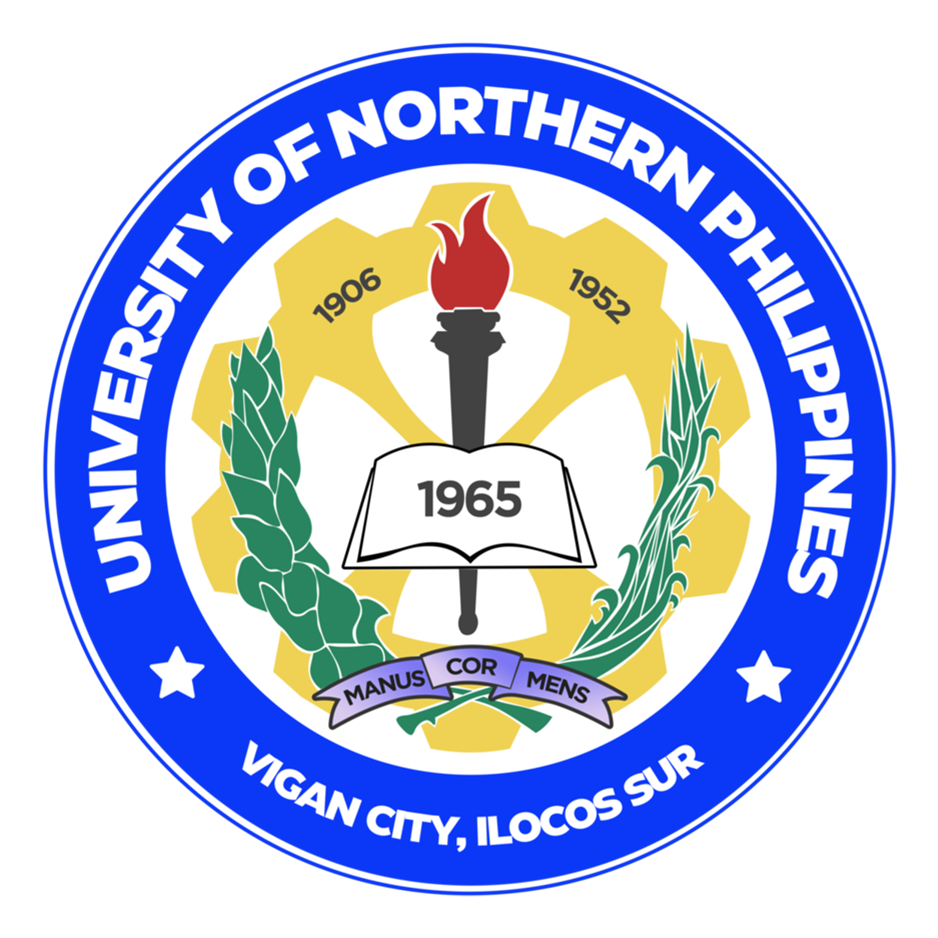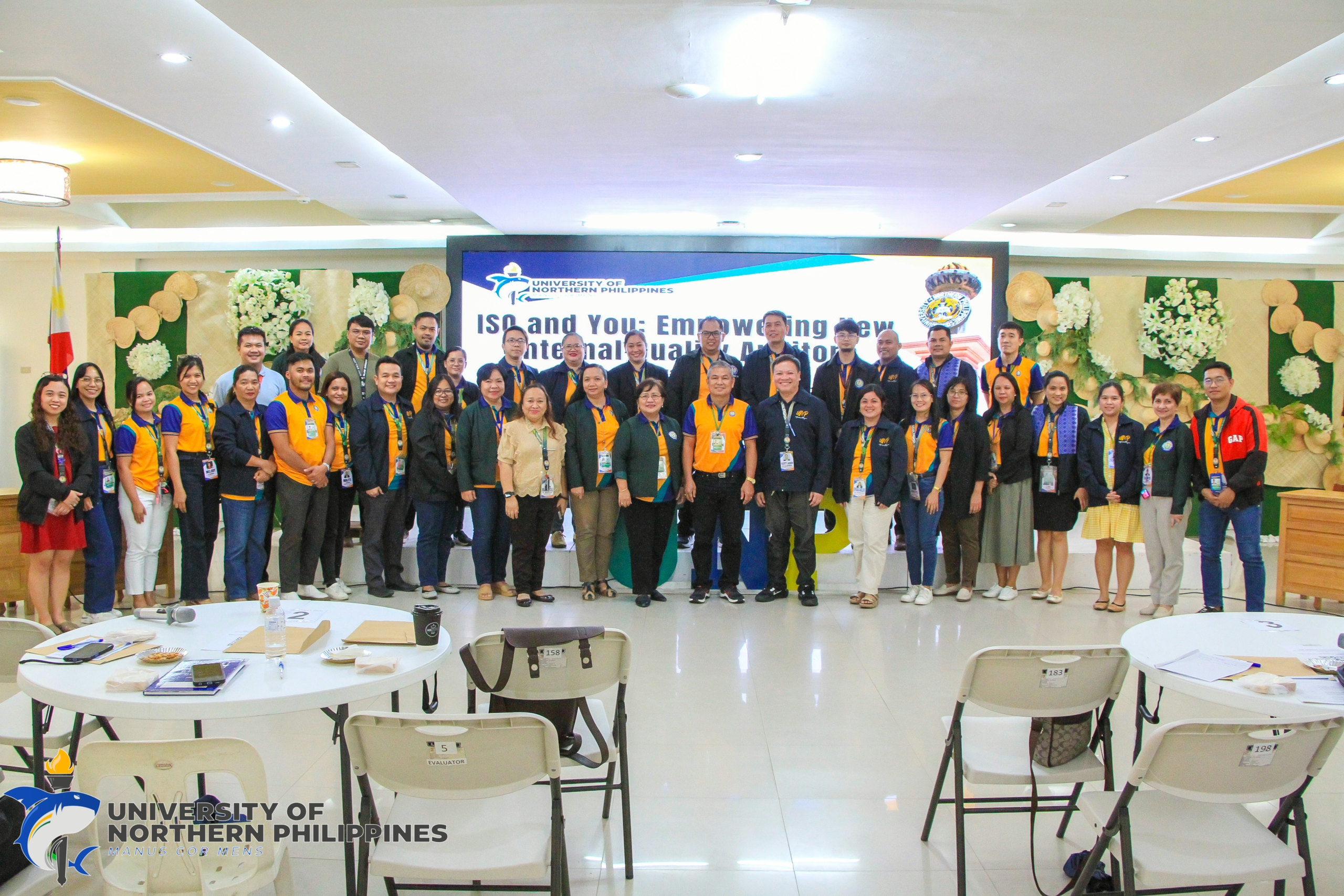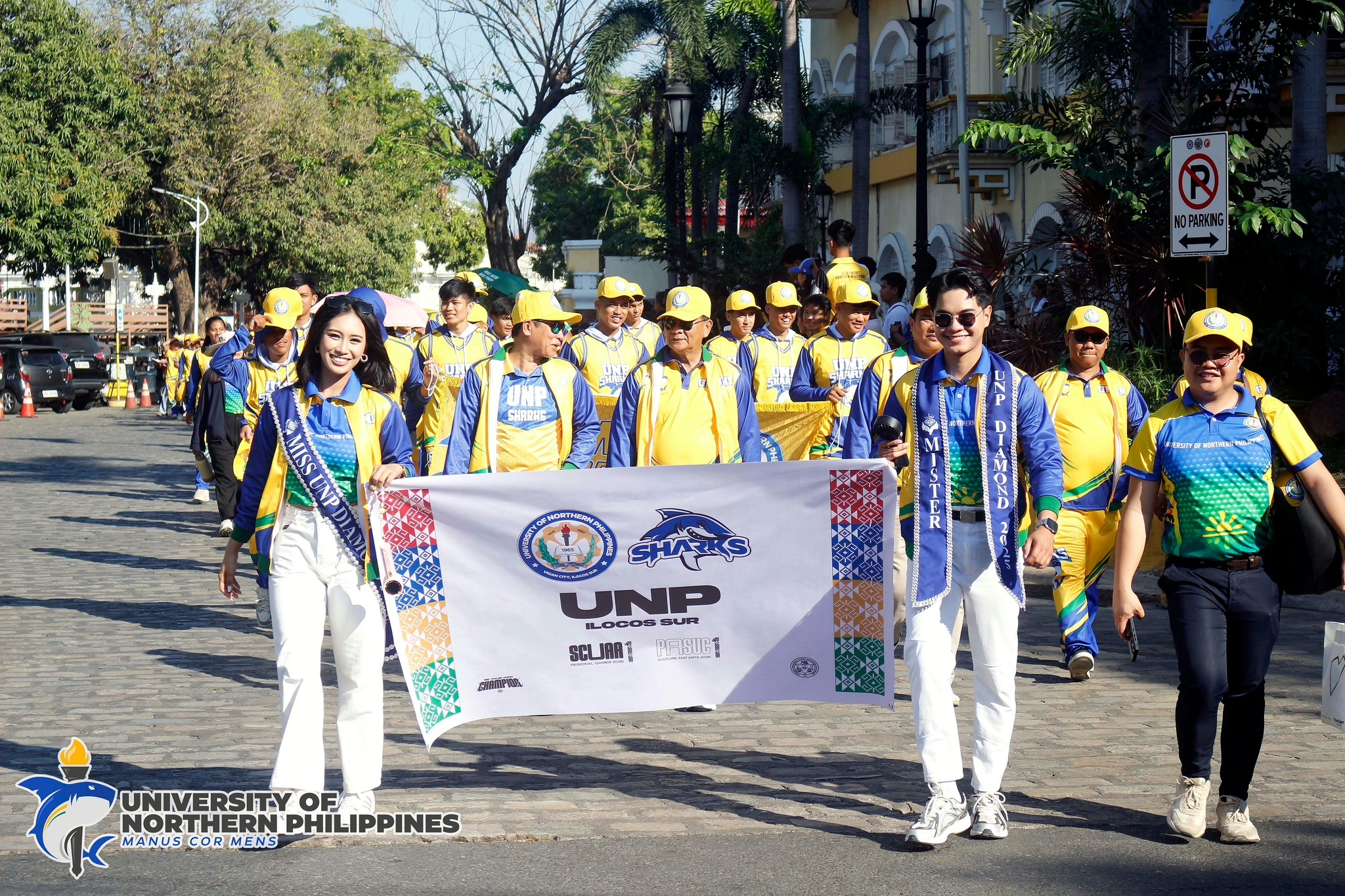The Quality Management Office (QMO) led the training orientation for thirty-four new internal auditors today, August 7, 2025, at Tadena Hall. The session, titled “ISO and You: Empowering New Internal Quality Auditors,” focused on cultivating effective habits and implementing systems that truly work.
During the orientation, participants received a comprehensive walkthrough of auditing processes and ISO standards. The event was graced by Atty. Gerwin Rabang, Chief Administrative Officer and Team Leader of the Training and Advocacy Team (TAT), who offered valuable insights into the importance of systematic processes for continuous improvement.
UNP President, Dr. Erwin Cadorna sincerely expressed his deep appreciation to the young members of UNP for embracing the responsibility of serving as accreditors and auditors — “This is a role that not only demands technical skill but also a strong sense of commitment to the University’s continuous growth,” he said. Their willingness to step up reflects the spirit of leadership and excellence that UNP cultivates. Pres. Cadorna also encouraged the University to remain steadfast in its pursuit of institutional excellence through other forms of certification and quality assurance mechanisms, echoing his vision for a more globally competitive UNP.
“Empowerment comes with the responsibility to be organized, determined, committed, professional, and purposeful in your work,” said Vice President for Academic Affairs, Dr. Rolando Navarro, as he delivered an inspiring message on empowering auditors, emphasizing the technicalities of auditing as a pathway to organizational excellence. He accentuated that auditors play a crucial role in identifying strengths, uncovering gaps, and recommending actionable improvements—not merely sanitizing reports.
He reminded auditors to reflect on their purpose, stating, “Your role is not to criticize, but to support and guide continuous improvement for the betterment of the organization.” Dr. Navarro reinforced the spirit of constructive assessment, integrity, and encouragement, emphasizing that auditors exist to foster improvement and not to condemn.
Atty. Rabang emphasized a key principle: The role as an auditor is not to find faults, but to assess processes, identify opportunities for improvement, and provide constructive feedback. For the auditee, embracing audit findings and adapting to change are crucial for enhancing the Quality Management System (QMS). As he stressed, there is no perfect person or process—continuous improvement is always the goal.
The activity featured four topics discussed by IQA Team Members. The first speaker was Ms. Precious Lyn Babida, who presented the Introduction to Audit, laying the foundation by clearly explaining the purpose and scope of auditing within the organization. Her introduction helped participants appreciate how audits serve as vital tools for verifying compliance and driving continuous improvement.
Dr. Corazon Pardo talked about the Auditor, emphasizing the qualities and responsibilities of an effective auditor. She highlighted integrity, objectivity, and professionalism as key traits, reminding auditors that their role is to support, guide, and ensure fair assessments that promote organizational growth.
The third speaker was Dr. Marlou Savella, who discussed the Audit Process, detailing the structured stages of the audit process, from planning to reporting. Her insights reinforced the importance of thorough preparation, clear communication, and systematic execution to maintain audit effectiveness and credibility.
Lastly, Mr. Robinson Tolio presented the ISO Clauses, Requirements, and Documentation, and provided an in-depth look into the essential ISO standards that underpin the Quality Management System. He stressed the critical nature of understanding ISO requirements and maintaining accurate documentation as cornerstones for successful audits and organizational compliance.
The QMO led by Dr. Eva Marie Avila and TAT reaffirm their support, standing behind auditors in defending well-founded findings. Ending the event with the mantra, “Together, we check, enhance, and strengthen processes for ongoing organizational excellence.”




